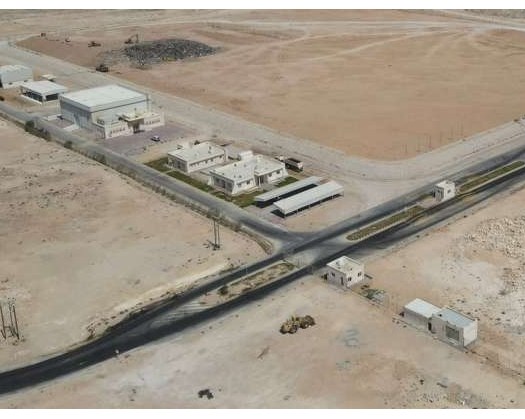Mumbai: On February 24, India’s Defence Minister Rajnath Singh delivered an important speech at the Indian Institute of Technology (IIT) Mandi, emphasizing the swift development and potential of the nation’s technology sector.
Singh forecasted that India’s tech industry is set to achieve a valuation of $350 billion by 2030, propelled by innovation, digital transformation, and government initiatives that promote technological progress.
India’s evolving technological landscape
India has established itself as a global leader in technology, supported by a robust ecosystem of startups, increased foreign investments, and favorable government policies.
The nation’s digital economy has experienced remarkable growth over the last decade, driven by significant advancements in artificial intelligence (AI), semiconductor production, cybersecurity, and 5G telecommunications.
Singh highlighted that the technology sector is vital not only for economic growth but also for national security.
He pointed out that state-of-the-art technological developments are essential for enhancing India's defense capabilities and maintaining the country’s competitiveness on the international stage.
A key element fueling India’s tech surge is the government’s proactive stance on digitalization and innovation.
Various flagship initiatives, including 'Digital India,' 'Make in India,' and 'Startup India,' have provided essential support for technology-driven businesses.
The government has augmented its financial support for research and development (R&D) initiatives, promoting a culture of innovation and entrepreneurship.
Moreover, India's commitment to self-reliance (Atmanirbhar Bharat) has stimulated the domestic production of advanced technology products, such as semiconductors, drones, and defense equipment.
Rajnath Singh underscored the significance of public-private partnerships in this area, noting that collaborations between Indian Institutes of Technology (IITs) and industry leaders play a crucial role in advancing technological progress.
Artificial Intelligence (AI) and machine learning are now integral to India's growth strategy.
The nation has experienced a rise in AI-driven applications across diverse sectors, including healthcare, agriculture, fintech, and defense. As businesses increasingly adopt automation and data analytics, they are improving efficiency and productivity, which in turn boosts the valuation of the tech sector.
Additionally, fields such as quantum computing, blockchain, and cybersecurity are gaining momentum in India. Singh pointed out that investments in these areas are vital for ensuring data security and establishing India as a frontrunner in future-ready technologies.
India's startup ecosystem has been pivotal in the expansion of the tech sector.
With more than 100 unicorns and a robust pipeline of innovative enterprises, the country is drawing considerable venture capital and foreign direct investment (FDI).
Prominent global tech companies like Google, Microsoft, and Apple have broadened their operations in India, highlighting the nation's increasing significance in the technology industry.
Singh highlighted that India's youthful and vibrant workforce serves as a significant asset, with millions of skilled engineers, programmers, and researchers driving innovative breakthroughs.
The government has also enhanced the business environment by simplifying regulations and offering tax incentives to technology startups.
Advancements in cybersecurity and defense technology
In his capacity as Defence Minister, Singh stressed the critical role of cybersecurity in India's technological growth.
As cyber threats evolve in complexity, it is essential to invest in strong cybersecurity infrastructure to safeguard national security and ensure economic stability.
He pointed out recent progress in homegrown defense technologies, including sophisticated surveillance systems, unmanned aerial vehicles (UAVs), and secure communication networks.
The minister further emphasized India's growing commitment to space technology, with ISRO (Indian Space Research Organisation) leading ambitious satellite and exploration initiatives.
Support for space-tech startups is increasing, bolstering India's competitive stance in the global space arena.
Despite the positive outlook, Singh recognized that obstacles persist in reaching the $350 billion valuation goal. Issues such as infrastructure limitations, gaps in digital literacy, and regulatory challenges must be addressed to maintain sustainable growth. He advocated for enhanced collaboration between industry and academia to close skill gaps and prepare the workforce for future technological needs.
Additionally, while India is progressing in semiconductor manufacturing, minimizing reliance on global supply chains remains a key objective.
Enhancing the production capabilities of indigenous industries will be essential for building resilience against global uncertainties.
India's technology sector stands at a crucial crossroads, characterized by significant growth opportunities supported by government initiatives, private investments, and a vibrant start-up ecosystem.
The forecast by Indian Defence Minister Rajnath Singh of a $350 billion valuation by 2030 highlights the profound effects of digitalization and innovation.
As India maintains its leadership in emerging technologies and defense developments, the nation is set to emerge as a key player in the global technology arena.












